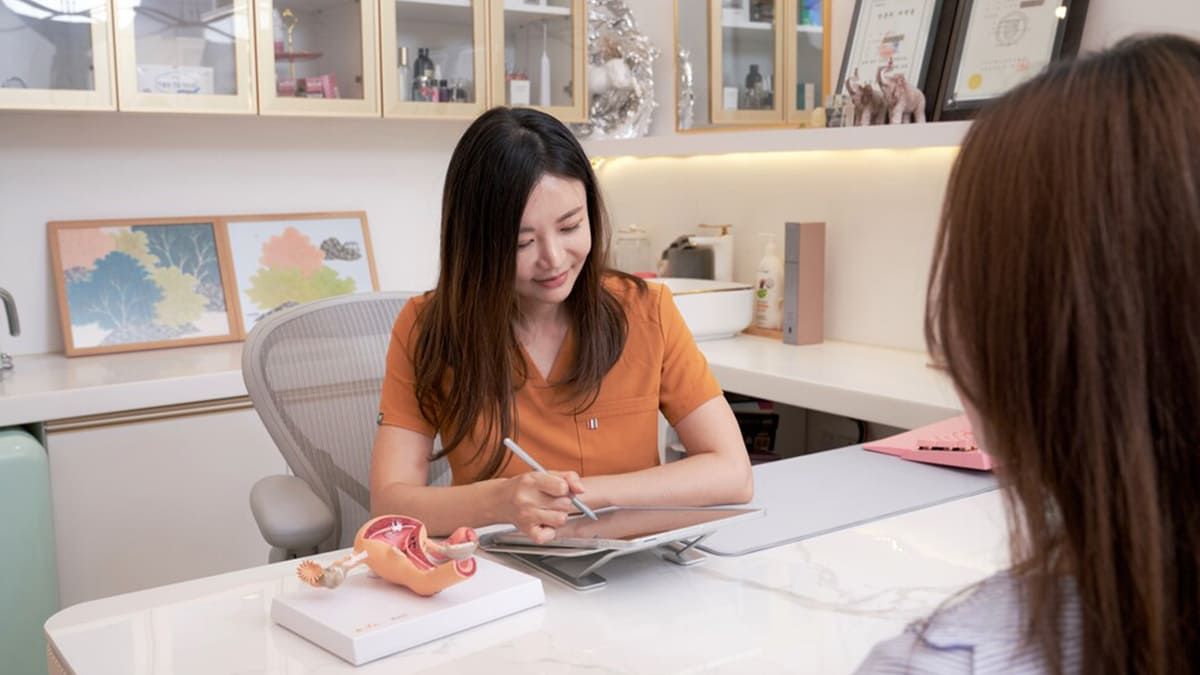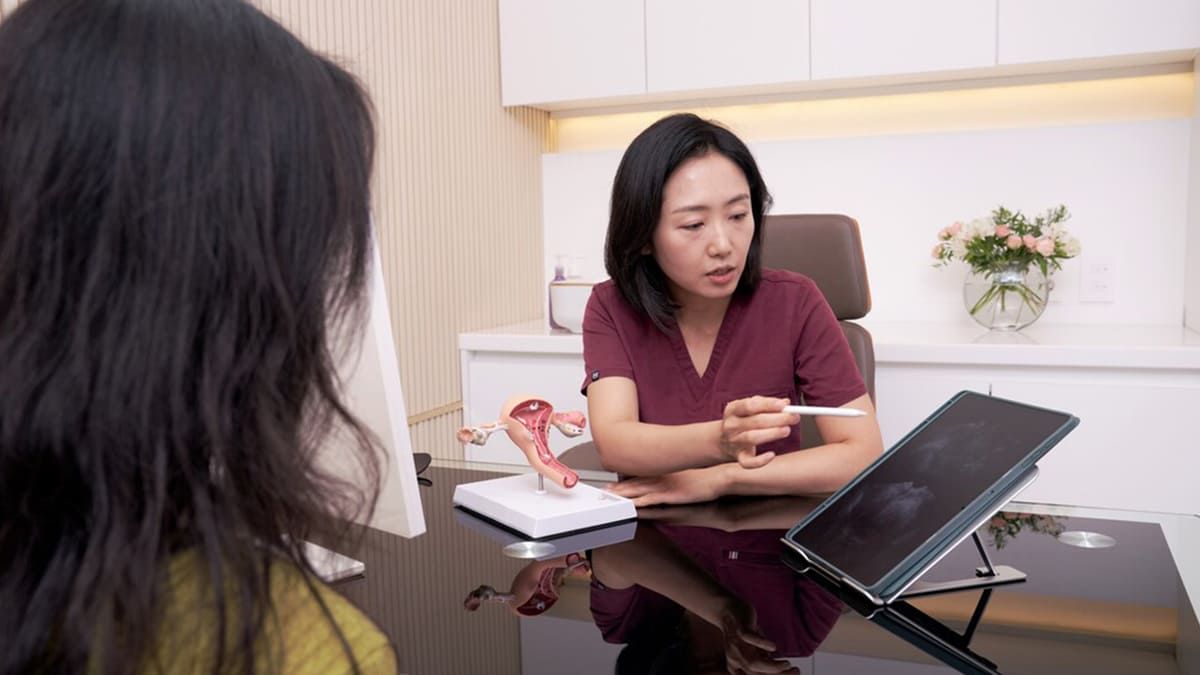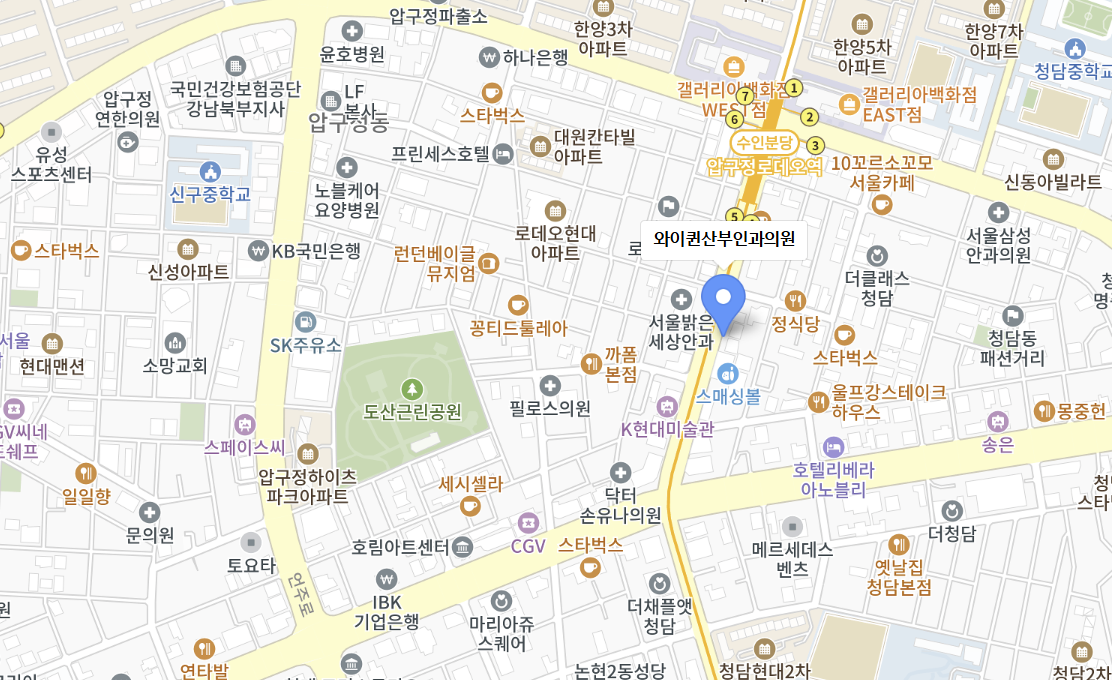Emergency Contraception in Korea
Emergency Contraception in Korea – Seoul | Affordable Prices, Best Care
Emergency Contraception (EC) is a crucial option to prevent unintended pregnancy after unprotected sex or contraceptive failure. In Korea—especially Seoul—access to effective, confidential, and timely EC is available. Whether you're a resident, expat, or traveler, knowing how and where to obtain EC is vital for your reproductive health.
Why Emergency Contraception Matters
Emergency contraception is a backup method, not a regular form of birth control. It's important because it:
- Prevents Unintended Pregnancy: Works by delaying or inhibiting ovulation, or preventing fertilization/implantation.
- Is Time-Sensitive: Most effective when taken as soon as possible after unprotected sex.
- Provides a Safety Net: Offers an option after contraceptive mishaps (e.g., broken condom, missed pills) or sexual assault.
- Does Not Protect Against STIs: It's solely for pregnancy prevention.
Types of Emergency Contraception Available in Korea In Korea, the primary forms of EC available are:
- Emergency Contraceptive Pills (ECPs), or "Morning-After Pills":
- Levonorgestrel (LNG) Pills: Most common. Effective up to 72 hours (3 days) after unprotected sex, but effectiveness decreases over time. Requires a doctor's prescription.
- Ulipristal Acetate (UPA) Pills (e.g., Ella): Less commonly available. Can be effective up to 120 hours (5 days) after unprotected sex. Also requires a doctor's prescription.
- Copper IUD (Intrauterine Device) as EC:
- Can be inserted by a gynecologist up to 5 days after unprotected sex.
- Over 99% effective and provides ongoing long-term contraception.
- Considered the most effective method of emergency contraception.
Where to Get Emergency Contraception in Seoul
Access to EC in Seoul requires a prescription. Services are primarily available at:
- OB/GYN Clinics: This is the most common and recommended route. Many private OB/GYN clinics are well-equipped to handle urgent EC requests and offer same-day appointments or walk-in services.
- Family Medicine / Internal Medicine Clinics: Some general practitioner clinics may also provide prescriptions for ECPs.
- Hospital Emergency Departments: If it's outside regular clinic hours (evenings, weekends, public holidays), a hospital Emergency Department is an option, though it will likely involve higher consultation fees and potentially longer waiting times.
- International Clinics in Gangnam & Itaewon: These clinics often have English-speaking staff and cater specifically to the expat community, ensuring easier communication and prompt access to prescriptions.
Note: Emergency contraceptive pills are not available over-the-counter in Korea; a doctor's prescription is always required.
Cost Breakdown
The cost of emergency contraception in Korea is generally affordable, but it is not covered by the National Health Insurance Service (NHIS), meaning you will pay out-of-pocket for both the consultation and the medication/procedure.
- Consultation & Prescription Fee (at a clinic): ₩20,000 to ₩50,000 (approx. $15 to $40 USD).
- Emergency Contraceptive Pill (Levonorgestrel): ₩20,000 to ₩50,000 (approx. $15 to $40 USD).
- Total Estimated Cost (Clinic Visit + Pill): ₩40,000 to ₩100,000 (approx. $30 to $75 USD).
- Copper IUD (if used as EC, includes device and insertion): ₩200,000 to ₩500,000 (approx. $150 to $350 USD). This is higher upfront but provides long-term contraception.
Note: These are estimated costs and can vary by clinic and specific circumstances. It's always best to inquire about costs upfront.
What to Expect During the Visit
- Confidential Consultation: A private discussion with a doctor about the timing of unprotected sex, your menstrual cycle, and any relevant medical history or medications. This helps the doctor determine the most suitable and effective EC option.
- Prescription or Procedure: If ECPs are chosen, you'll receive a prescription to fill at a pharmacy nearby. If a Copper IUD is chosen, the doctor will perform the insertion in the clinic.
- Instructions: You'll receive clear instructions on how to take the pill or what to expect after an IUD insertion, including possible side effects and follow-up care.
Common side effects of ECPs are usually mild and temporary:
- Nausea or vomiting (less common with newer LNG pills).
- Abdominal pain or cramps.
- Fatigue, headache, dizziness.
- Breast tenderness.
- Changes in menstrual bleeding (your next period might be earlier, later, or heavier/lighter than usual).
Recovery & Aftercare Tips
- Take EC Promptly: The sooner you take the EC, the more effective it will be. Time is critical.
- Follow Instructions: Adhere strictly to the doctor's instructions for taking the pill or after IUD insertion.
- Monitor for Side Effects: Be aware of potential side effects, and contact your clinic if they are severe or concerning.
- Expect Menstrual Changes: Your next period might be irregular. If your period is more than a week late, take a pregnancy test.
- Consider Long-Term Contraception: EC is not for routine use. Discuss long-term birth control options with your doctor to prevent future unplanned pregnancies.
- Practice Safe Sex: Remember EC does not protect against STIs.
Emergency contraception in Seoul is safe, effective, and confidential. While it requires a prescription, Korea's medical system is set up to provide efficient and private care when you need it most.
Pro Tip: Don't hesitate. Contact an OB/GYN clinic immediately after unprotected sex. If there's a language barrier, consider using translation apps or asking an English-speaking friend to assist with the call or visit.





